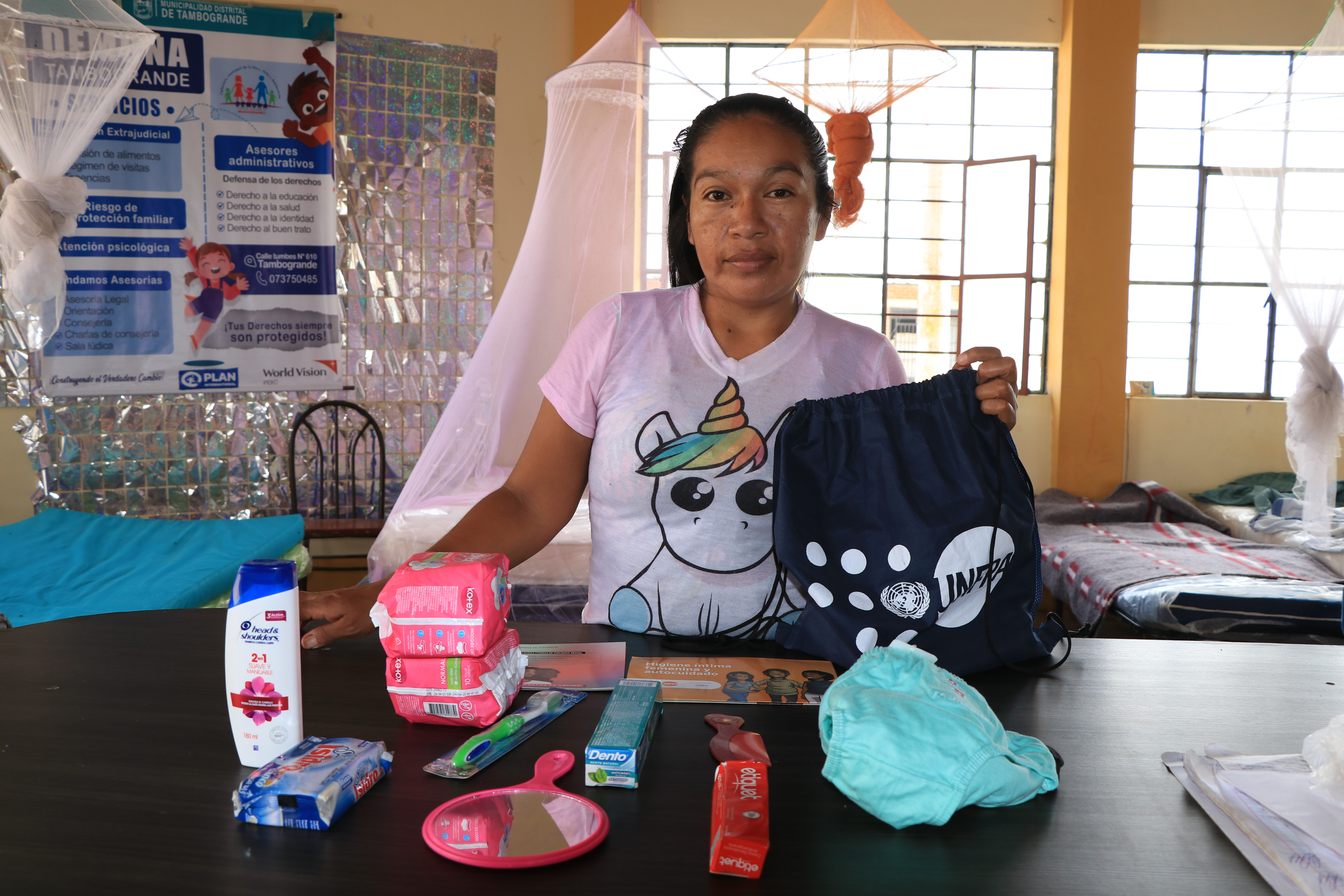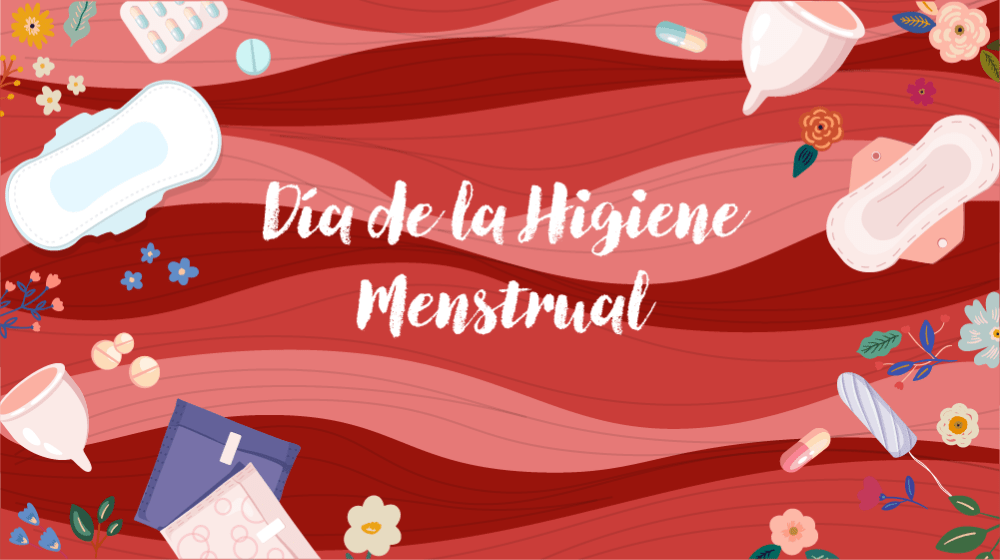Menstrual health is a human rights issue – not just a health one.
Each of us has a right to bodily autonomy. The ability to care for your body while menstruating is an essential part of this fundamental freedom. Yet an estimated 500 million people lack access to menstrual products and adequate facilities for menstrual health.
Poor menstrual health and hygiene undercuts fundamental rights – including the right to work and go to school – for women, girls and people who menstruate. It worsens social and economic inequalities. Insufficient resources to manage menstruation, as well as patterns of exclusion and shame, undermine human dignity. Gender inequality, extreme poverty, humanitarian crises and harmful traditions can amplify deprivation and stigma.
With that in mind, the theme for Menstrual Hygiene Day this year is “Making menstruation a normal fact of life by 2030.” The day is observed on the 28th day of the fifth month of the year because menstrual cycles average 28 days in length and people menstruate an average of five days each month.
There is wide agreement on what people need for good menstrual health. The essential elements: safe, acceptable and reliable supplies to manage menstruation; privacy to change materials; facilities to safely and privately wash; and information to make informed choices. Comprehensive approaches that combine education with infrastructure and with products and efforts to tackle stigma are most successful in achieving good menstrual health.
Global and national health and development policies should prioritize menstrual health, with investment reflecting the important role it plays in human rights, public health, gender equality and sustainable development. Schools, workplaces and public institutions should ensure that people can manage menstruation with comfort and dignity. Targeted policies should seek to eliminate period poverty, in which low-income women and girls struggle to afford menstrual products and have limited access to water and sanitation services.
Among initiatives to support menstrual health and hygiene, UNFPA reaches people who menstruate through education, safe sanitation facilities – including in displacement camps – and dignity kits containing essentials like soap, supplies and underwear.
Our response in Peru
"Today more than ever, we need to raise awareness about the situation of women and girls who lack access to menstrual hygiene and education; communication makes the difference," explains Hugo González, Representative in Peru for the United Nations Population Fund (UNFPA), which works to alleviate menstrual poverty, a reality faced by thousands of women in the region.
Among the initiatives to support menstrual health and hygiene, UNFPA reaches out to women and adolescents through education and the distribution of dignity kits that contain essential items such as menstrual supplies and hygiene products. In 2023, UNFPA in Peru has provided 300 dignity kits to women affected by the crisis in shelters within the most affected areas of Piura due to the ongoing climate crisis.
"As an authority understands the significance of a woman or an adolescent not being able to practice self-care and exercise bodily autonomy with dignity, there will be a better balance and greater equality," emphasizes Hugo González.



